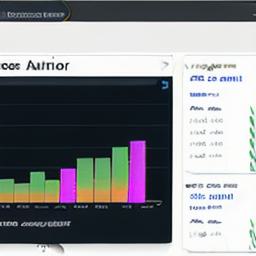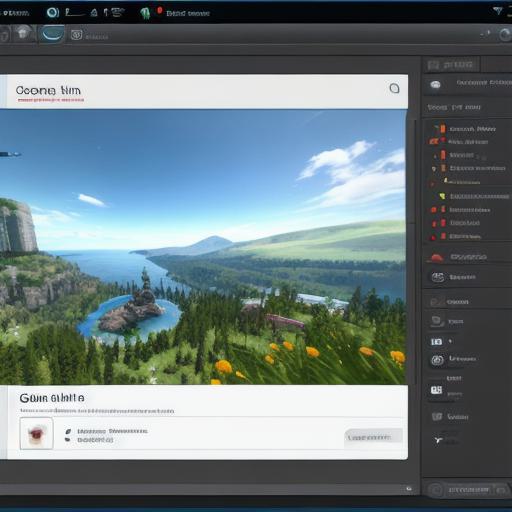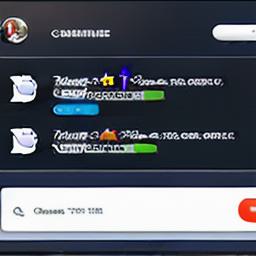In recent years, Unity has grown tremendously as a gaming development platform, attracting developers from all over the world with its intuitive interface and powerful features. With the increasing popularity of mobile gaming, Unity has become the go-to platform for creating cross-platform games that run smoothly on devices ranging from smartphones to consoles.
However, developing a game is not just about creating an engaging storyline or designing beautiful graphics. It also requires efficient and scalable backend services that can handle the demands of a growing number of players. In this guide, we will explore the features and benefits of Unity gaming services and how they can help Unity developers create successful games.
What are Unity Gaming Services?
Unity Gaming Services refer to a set of tools and services that allow Unity developers to build scalable backend systems for their games. These services include cloud hosting, data storage, social networking, and analytics, among others. By using these services, Unity developers can focus on creating the gameplay mechanics and user experience without worrying about the technical infrastructure required to run the game.

Cloud Hosting: Efficient Game Server Management
One of the key features of Unity Gaming Services is cloud hosting. With cloud hosting, Unity developers can create game servers that are hosted on remote data centers, allowing players to connect to the server from any location with an internet connection. This provides several benefits:
- Scalability: Cloud hosting allows Unity developers to easily scale their game servers based on the number of players. This means that they can add or remove server capacity as needed to ensure smooth gameplay for all users.
- Cost-effectiveness: By using cloud hosting, Unity developers can avoid the cost of setting up and maintaining their own game servers. They only pay for the resources they use, which can be a significant cost savings for smaller teams.
- Reliability: Cloud hosting providers typically offer high availability and uptime guarantees, ensuring that players can always connect to the game server and play without interruption.
Data Storage: Efficient Data Management

Another important aspect of Unity Gaming Services is data storage. Unity provides several options for storing game data, including local storage on devices, cloud storage, and database storage. Each option has its own advantages and disadvantages, depending on the specific requirements of the game. For example:

- Local Storage: Local storage is ideal for small games with limited amounts of data that do not require frequent updates or syncing. It provides fast access times and low latency, but requires players to have a device with sufficient storage space.
- Cloud Storage: Cloud storage is a good option for games with larger amounts of data that need to be stored remotely and synced across multiple devices. It allows players to access their game progress from anywhere with an internet connection, but can be slower and more expensive than local storage.
- Database Storage: Database storage is ideal for games with complex data structures that require efficient querying and filtering. It provides powerful search capabilities and can handle large amounts of concurrent read/write operations, but requires more setup and maintenance than other options.
Social Networking: Engaging Players with Social Features
Unity Gaming Services also provide social networking features that allow players to connect with each other and share their progress on social media platforms. These features include leaderboards, achievements, and social sharing, among others. By incorporating these features into their games, Unity developers can:
- Increase engagement: Social networking features encourage players to spend more time playing the game and engaging with other players, leading to increased retention and monetization.
- Promote the game: By sharing their progress on social media platforms, players can help promote the game to a wider audience, leading to increased downloads and revenue.
- Improve user experience: Social networking features provide players with a sense of community and belonging, which can improve the overall user experience and satisfaction with the game.



